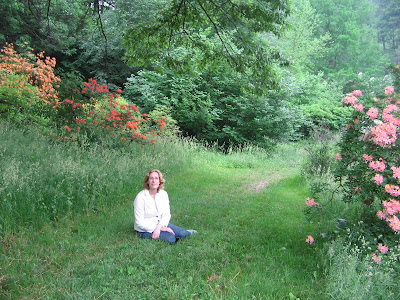The high walls of Harvard Yard. The land embrace of Boston Harbor. No street signs on main roads. It’s difficult to get inside here, whether you are simply trying to make your way in a new part of town or looking to Boston as your top pick for your education. Outsiders are viewed with suspicion, and those on the inside see no reason for getting out.
From the city’s Puritan founding in 1630, inhabitants have tried at all costs to keep their City on a Hill free from unwanted elements of society, which over the years has included merriment, alcohol, taxation without representation, Quakers, and black people outside of their designated parts of town. The spurn of outsiders is still evident today: the wary pity that greets me when I tell a local that I come from New York; the vast employers in education and health care that fill their jobs largely from their own ranks; the numerous well-educated young men who do not even own a passport; the local accent that announces locals’ roots, the absence of which identifies a newcomer.
By and large, this is not a city you come to. How many people the world over dream of someday moving to New York or LA or Paris or even Lagos? The same cannot be said for Boston. Yes, students come here to study at the dozens of colleges and universities in town. But they usually return home. Boston must have a transient population comparable to a seasonal farming town: in addition to students, visiting academics, scientists, doctors, and the occasional artistic type come and go after a few years tops. Friendships can grow during a six year PhD program, for example, but before you know it your new friends are off to their new jobs far away, but maybe you didn’t let yourself get all that close to begin with.
And perhaps that’s a motto for all Massachusetts or even New England citizens: Don’t get too close. It’s cold and I’m bundled in my warmest winter woolies. To get close would be to surrender my armor, to make myself vulnerable. The weather and the odd challenges to physically navigating the city are all part of the barricades surrounding people here. We embrace them for lack of alternatives, and turn inward to our home lives and solitude. The inward-looking tendency is practically institutionalized: in a city of world-class hospitals and universities, you come to examine the inner workings of the mind or the body, but not to interact with your environment.
This feature is especially manifest in the difficulty one encounters when trying to explore much further than one’s own neighborhood. In New York, a Queens girl can have dinner on the Upper West Side and still get home in time for Grey’s. In Boston, a trip of less than a mile can take over an hour, on intermittent bus routes and slow trains. Car travel is just as tiresome. Try parking- anywhere at anytime. Or the frustrating habit of many municipalities of not posting road signs. People throughout the region give directions by landmarks that are not visible where you actually are. As in, “Turn onto Weston Road toward the direction of Wellesley.” Would that be a right or a left?
So without being able to comfortably explore the city, we stay home. And here—at last—I’ll say something nice about insideness. When you can cultivate friendships, that tends to happen in the comfort of home, or of dorm, for the younger set. As opposed to in cramped New York, Sunday suppers and summer cookouts are a reality here, where apartments tend to be spacious enough for small gatherings. But neighborliness is difficult to achieve. Perhaps because of the transient quality of many lives here, neighbors are not quick to befriend each other. With fewer people to connect to than in a larger city, you might think the connections would be deeper. But it can feel twice as lonely here, where there is no cosmopolitan buzz to keep you company.
So we head inside, warming our hands and thoughts over the flames of our deepest ambitions, with which we become achingly familiar as we dream through the winter months. If we are lucky—or local with long routes—we have a loved-one or two to keep us company. For affection can be found and cultivated here, despite the built-in isolation. The smallness and insideness also foster familiarity, and newcomers find ways to weaken the boundaries. A certain permeability exists here that leads to unique stories of connection that would be hard to imagine elsewhere....
Subscribe to:
Post Comments (Atom)


No comments:
Post a Comment